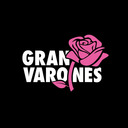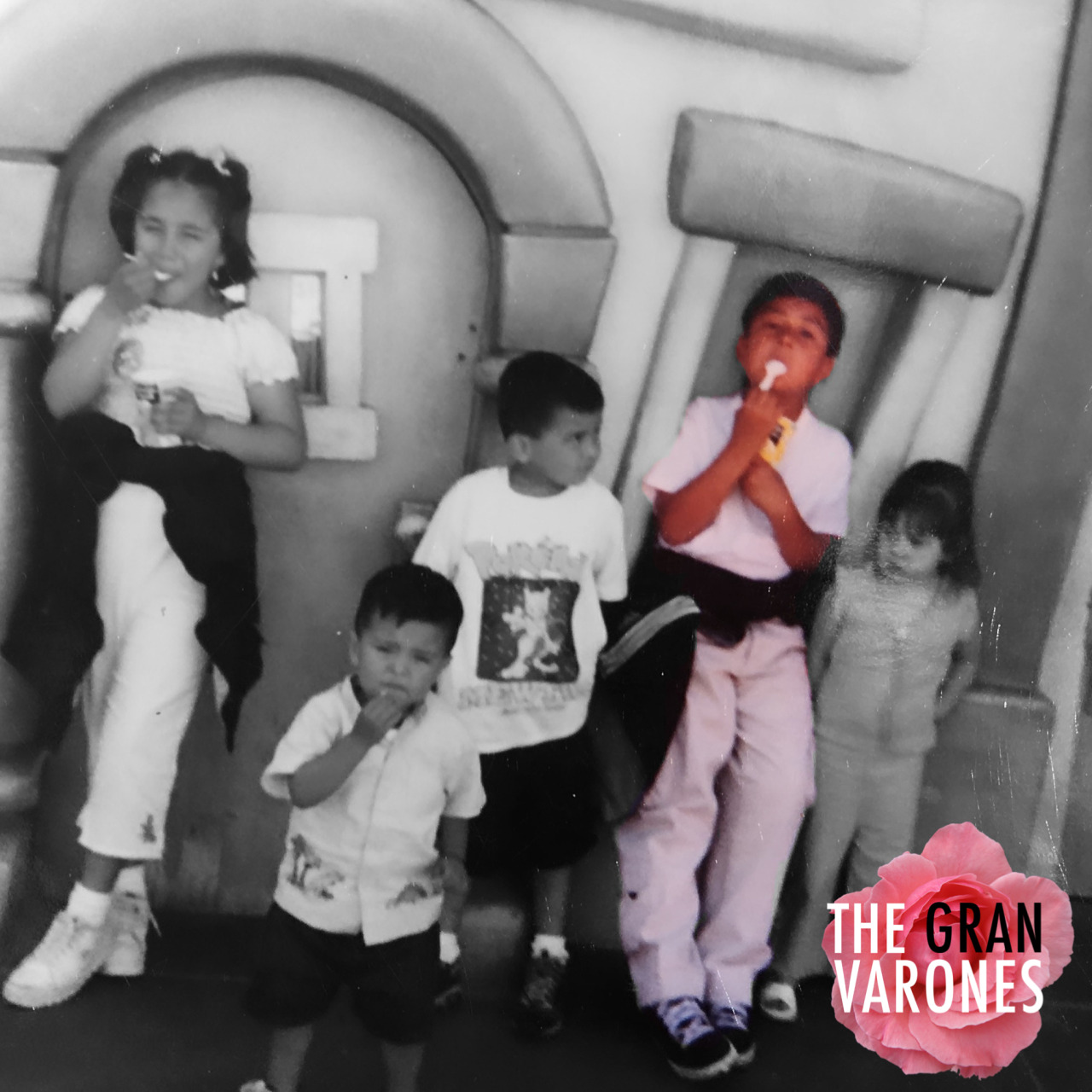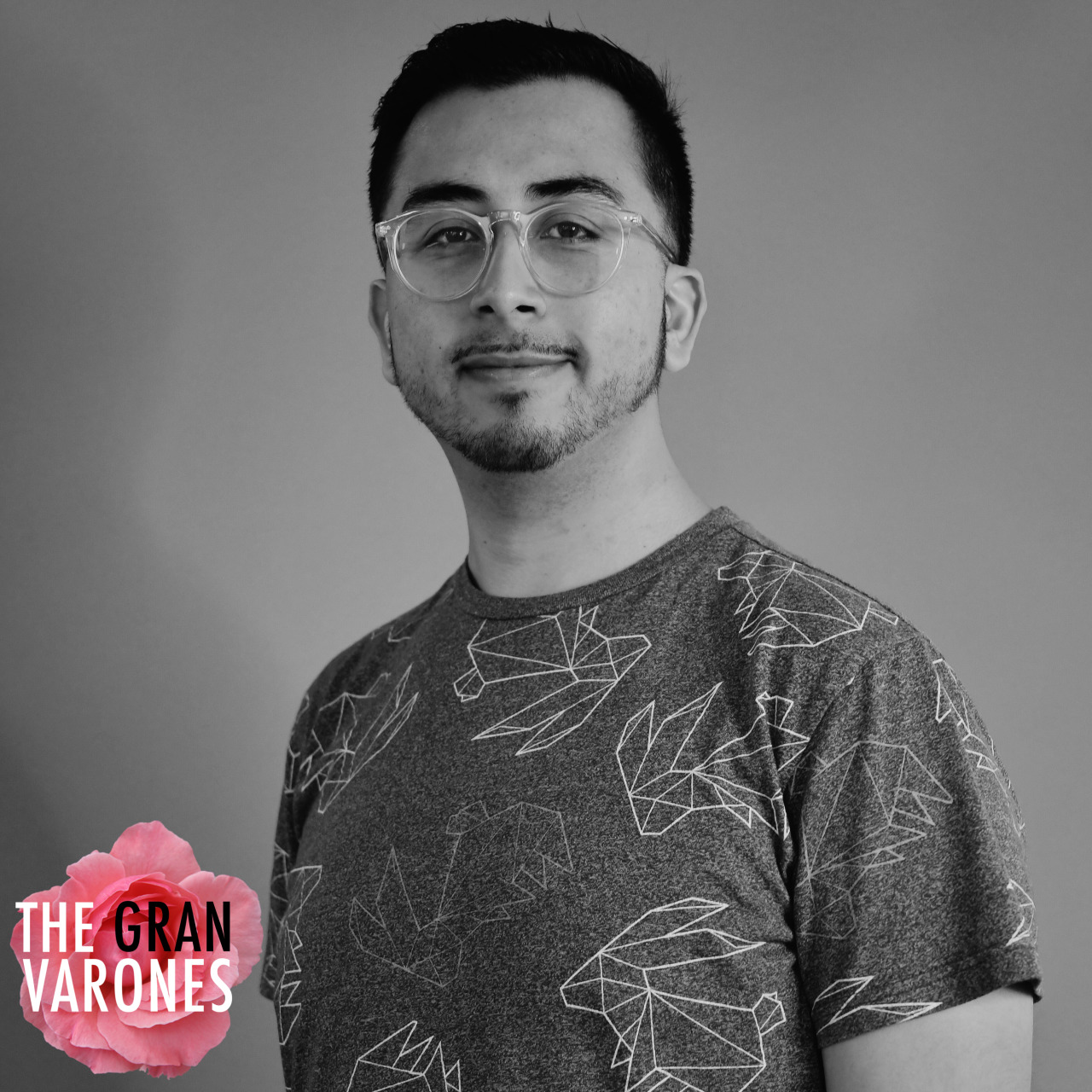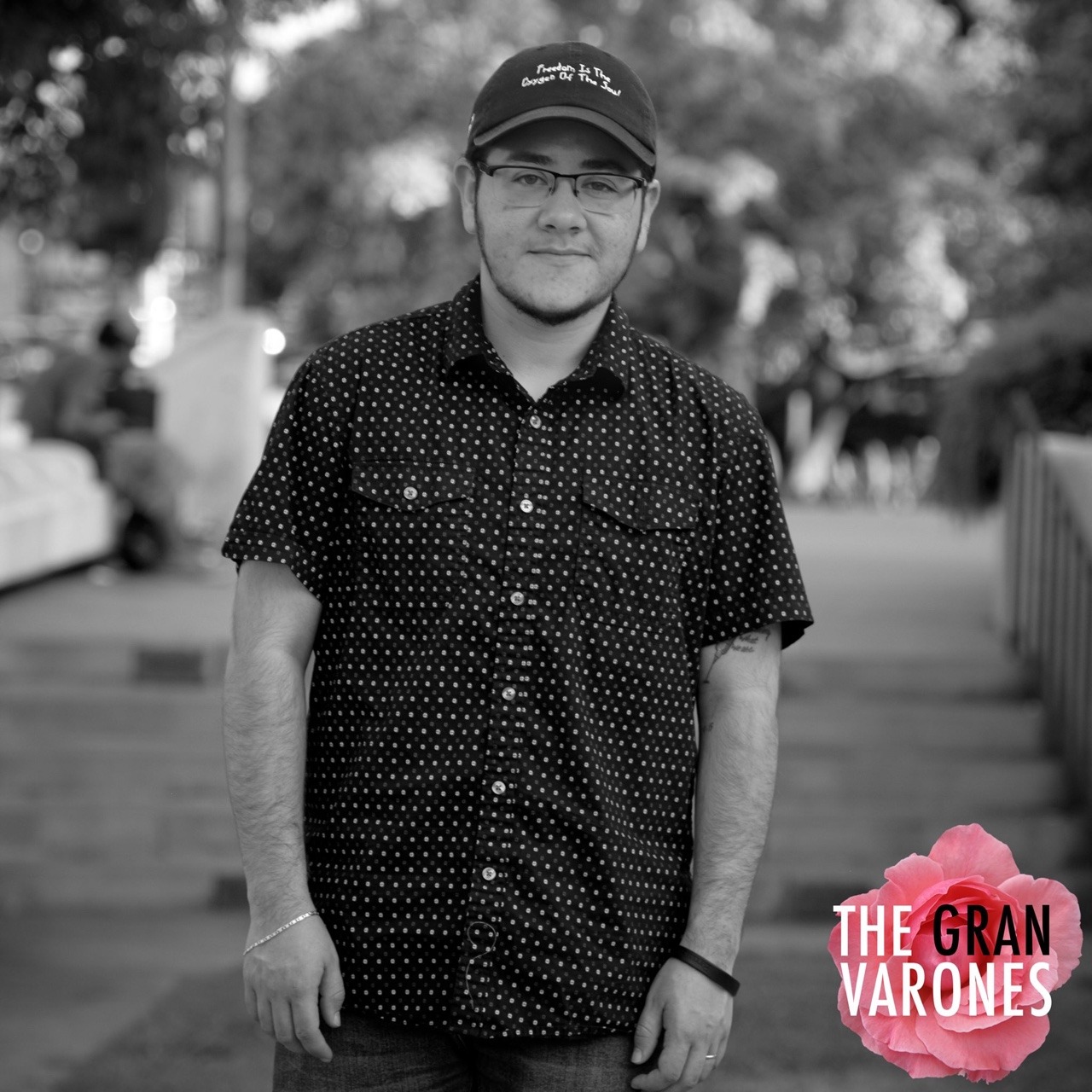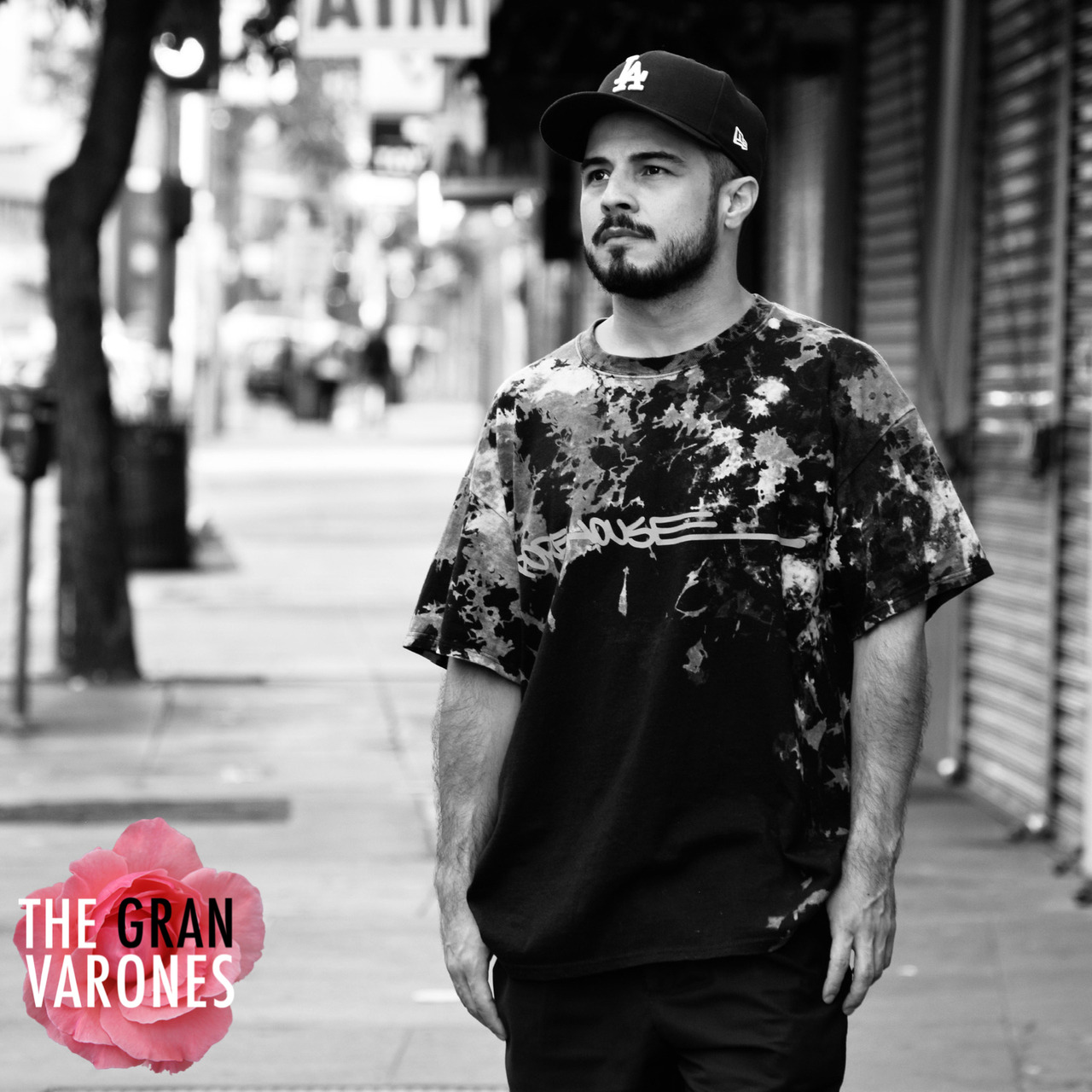chris: my brother really continues to teach me how to be unapologetically me. he is so unapologetically him ALL the time. like, i have never met another person who is able to be like “i don’t give a fuck if you don’t like anything about me. i’m pretty sure about who i am.” i’ve even told this to people about you (andrew), you are going to do what you want to do, when and how you want to do it and that’s it. that’s something i have learned because out of the two of us, i am the more reserved one. i am figuring out that i can be be that way too and that there is nothing wrong with me and he teaches me that.
andrew: you (chris) teach me to never be afraid to stand up. seeing you defend me when you felt i needed to be defended has always been very inspiring. we would be on the train and somebody would say something crazy about me and my brother would be like, “what the did you say!?” we much homophobia we DON’T get inside our home, we don’t live in a bubble. we don’t live in a place that is always going to be safe to be queer. and so i see you (chris) as a hero. your ability to stand up for people. you taught me “if my queer friends and family aren’t safe, i’m not safe.” that is something i have learned from you.
chris (he/him) & andrew (he/they)
bronx, new york
interviewed & photographed by: louie a. ortiz-fonseca
